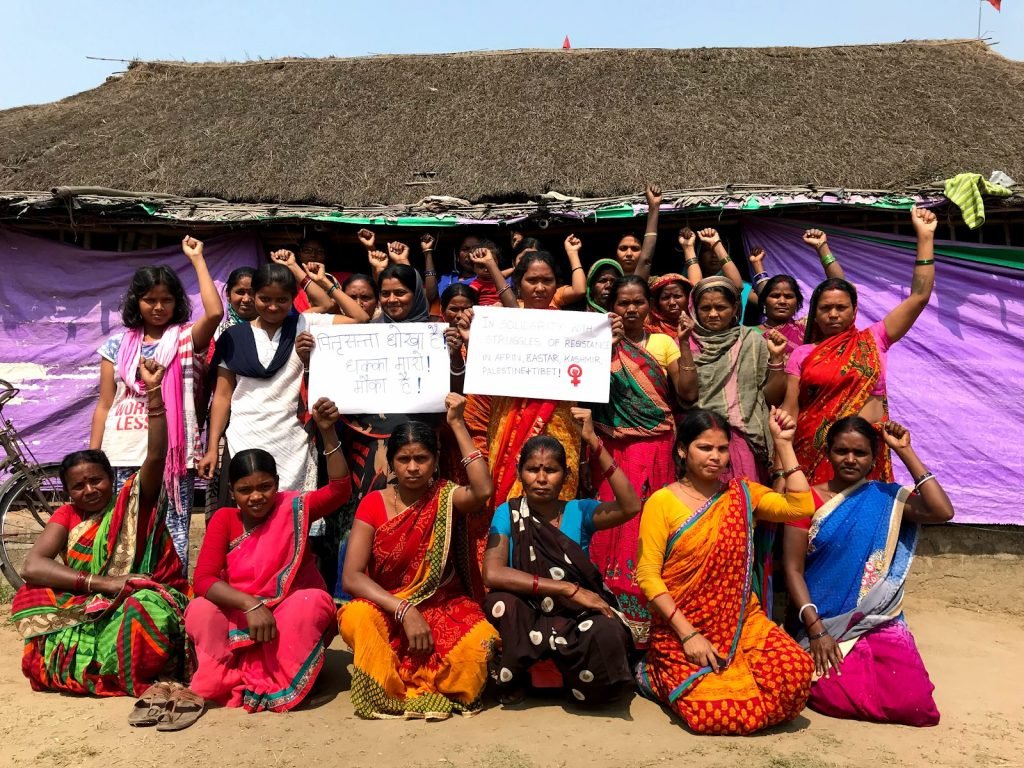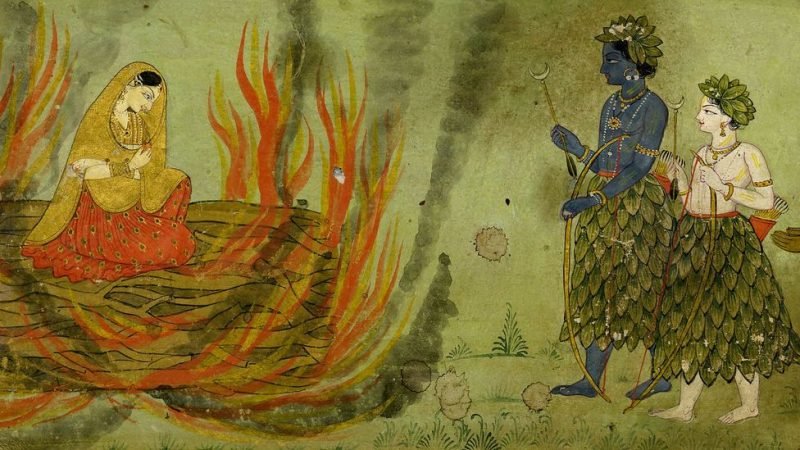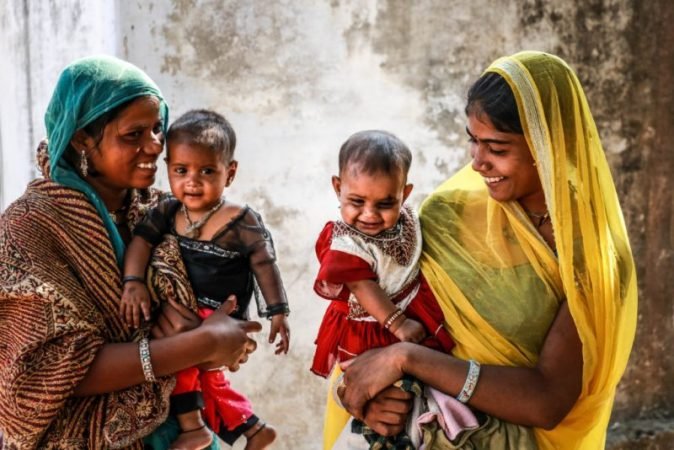Society, A Dictating Institution to Women

When we discuss inequality, women are on top of the list. Once we discuss the sufferings of humanity, it is a lady who suffers “the worst” of any situation. We speak about all this but do little to deal with these issues.
Most of us have grown up in an environment where we see females of a family having very little to say and even if some of them dare to speak, either they are unheard or titled as rude. Nevertheless, families across the world feel and live differently. Families can work as “make or break” for women and girls when it comes to achieving their rights. Families for girls are places of love, fulfilment and care, but in most cases, it is a place where the rights of women and girls are violated, a place where voices are shut down before being heard and a place where inequality prevails. Laws and policies in today’s world should be based on the reality of how families live.
A UN Women’s flagship report, “Progress of the world’s women 2019–2020: Families in a changing world”, focuses and questions on how can laws, policies and public action back households and families in ways that enable women’s rights to resources, bodily integrity and voice? Moreover, a recent report released by UNFPA, “My body is My own” states that hundreds of millions of women have no bodily rights and only 55% have full power over their health and other aspects of their life. This would make more sense if we look at the conditions of women in India, where women’s progression in any field is seen as a regression of men or to be more precise, hurting their so-called “male ego”, that could be traced back to history.

Historical analysis of women in India:
- If we look at the position of women in ancient India, we get to know that women didn’t share the same stage with men.
- Their role was limited to just mothers and wives, resulting in their subordination to men and disempowerment.
- The Indian patriarchal society, widely pervasive in modern India too, never encouraged the women in the society to work in any field, except the kitchen. Although, shreds of evidence show that women in the IVC period were worshipped as the mother goddess, in Rig Vedic period their status as a wife was respected and acknowledged in performing ceremonies, which later on was taken over by the priests thus weakening their position.
- Being a patriarchal system, the women were expected to bear sons since the son performed the last rites and continued the lineage, which undoubtedly is believed in today’s India as well with all pride.
- One hand on which girl birth was unwelcomed on the other hand boys were thought to continue the lineage, protect the family and earn for the family. Therefore, degrading the life of women in society as well as in the family.
- Marriage was considered divine and women’s independence was considered unfit for society.
- Upanishads frame a stereotype of Indian women superseded in today’s India as well. Sati was majorly practised, and women were confined to the four walls of the house and thus, were prohibited to attend assemblies.
- Nevertheless, things from the past have changed and that can be traced from women’s participation in politics and national movements during British rule. The contribution of great social reformers led to their active partaking in the Independence of India from British rule and making people conscious of injustice done to women.

However, despite all that is said and done, women in the present context continue to experience the evils of society. A society that judges women on the way they speak, what they wear or whom they are friends with, all this determines the women’s character. And surely the society doesn’t stop to this, it is a woman who gets blamed first for not conceiving and even for the gender of the child! This, with no doubt, expresses the poor mindset and prejudice ill practices by the people which continues up to date. Moreover, if a girl finds fallacious in-laws then a girl is asked to adjust as antagonising the in-laws is against their dignity. A society without knowing the dire consequences (rise in crime and violence against women, honour killing, rape, acid attack and list goes on…) of these acts, continue to commit them. Religious myths and traditional values speak more for people than people themselves.
It has been observed that educated married women in urban areas bend to the pressure of their in-laws and to give priority to the family and children, they drop out of their jobs and some willingly drop out considering family and home to be the primary duty (less than 50% working-age women are there in the labour market). In most cases women are pushed towards the illusion that bearing a child, sustaining marriages and maintaining a house are only the duties of women and hence they should go to the extreme to fulfil that, even if that costs her self-esteem. With that, there is a truculent attitude of society to women who breaks the stereotypes and tends to write their priorities.

Looking into a traditional Indian family, there are a different set of values which are inculcated to a boy and that to a girl from their childhood. The girls are taught to be quiet, shy, obedient, submissive and even to be good wife and mother, in cases where women are sent for higher-education they are taught to opt for gendered stereotype careers and subsequently, the notion of choices are constrained by the societal stigma which states what is suitable for women and what is not. This limits the contribution of women in society. On contrary, society works differently for a man.
According to a recent study titled ‘COVID in Her Voice: A girl-led and centred Participatory Research Study’, a girl is facing more pressure, pressure to get married and to do household chores during the pandemic. The girl is conditioned to believe she is a liability who, ultimately, one day has to go to “agle Ghar” (next house). In rural and semi-urban areas, marriages are like an economic contract between the families based on societal norms, where the bride and groom have a negligible say in the entire affair, it’s less about what they want but more about what their families want.
There is an idea that symbolises honour of the family through women, and hence to circumvent an undesired relationship and friendship with men, the girls are made to drop out of school or get them to marry at an early leaving no scope to choose for themselves. Symbolically, the role of women is viewed more as a liability than an asset to society.
The major responsibility lies with the family and the women themselves to break the chains off them been treated as second class citizens and submission of their desires to comply with societal norms and their prejudiced value system.


















